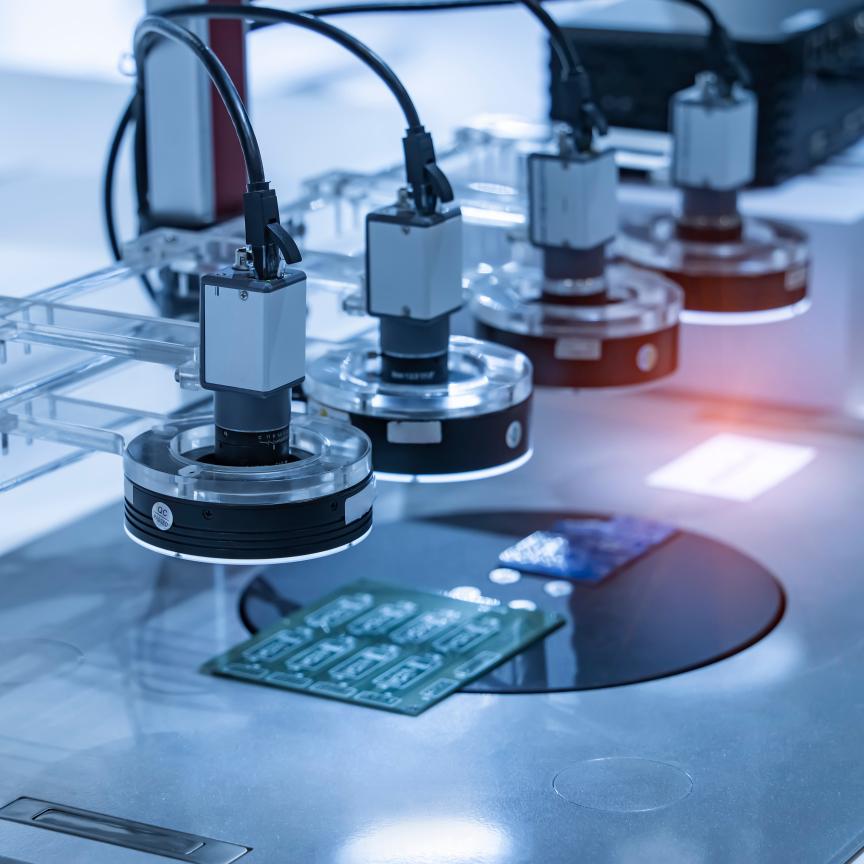Delphi has implemented the LMS Imagine.Lab AMESim multi-domain system modelling software to develop advanced Hardware-in-the-Loop (HiL) simulators efficiently for the design and test of Electronic Control Units (ECUs) for tomorrow’s fuel-efficient, clean-running diesel engines.
Delphi opted for the LMS Imagine.Lab AMESim Engine Control solution especially configured for modelling engine and vehicle systems. Prior to the implementation, Delphi turned to LMS Imagine Engineering Services to develop a specific model for HiL applications. The resulting model contained representations of the diesel engine, fuel injection system, thermal aspects and driveline. All parameters for the ECU functional tests and engine control code calibration were incorporated in this single model as well.
By introducing more detailed physical representations and functional parameters in the HiL simulators, Delphi engineers were able to save considerable time during the modelling and simulation stages, increase the overall simulation accuracy compared to previous methods and run many more simulations to study specific system behaviour. More broadly, the LMS Imagine.Lab AMESim model and associated simulation processes developed with LMS Imagine Engineering Services give Delphi an excellent methodology for future ECU and HiL projects.
In the long term, the LMS Imagine.Lab AMESim modular approach to creating engine and vehicle system models makes it possible for Delphi engineers to develop controls when implementing new ECU technologies. On the practical side, it reduces project costs and eliminates delays in maintaining and updating engine and vehicle models. With this new process Delphi was able to satisfy customer expectations for reliable engine control strategies that answer to the growing stringent demands of car manufacturers worldwide in regards to safety, reliability and costs control.
‘The implementation of LMS Imagine.Lab AMESim and its multi-domain approach for our new-generation HiL simulators significantly helped us to reach Delphi’s strategic objectives,’ explains Olivier Lanoux, development and validation tools team leader at Delphi. ‘The new generation of engine models and the comprehensive new methodology made it possible to drastically reduce maintenance operations and development time, and provide reliable and high-quality ECUs and related engine controls.’

